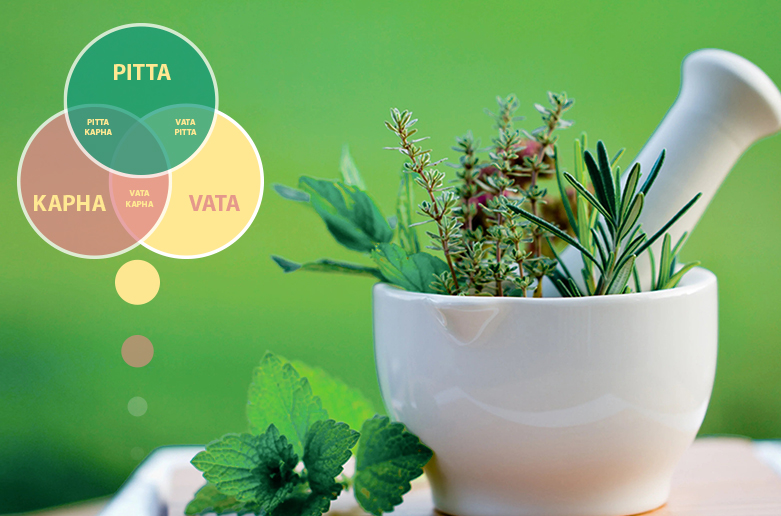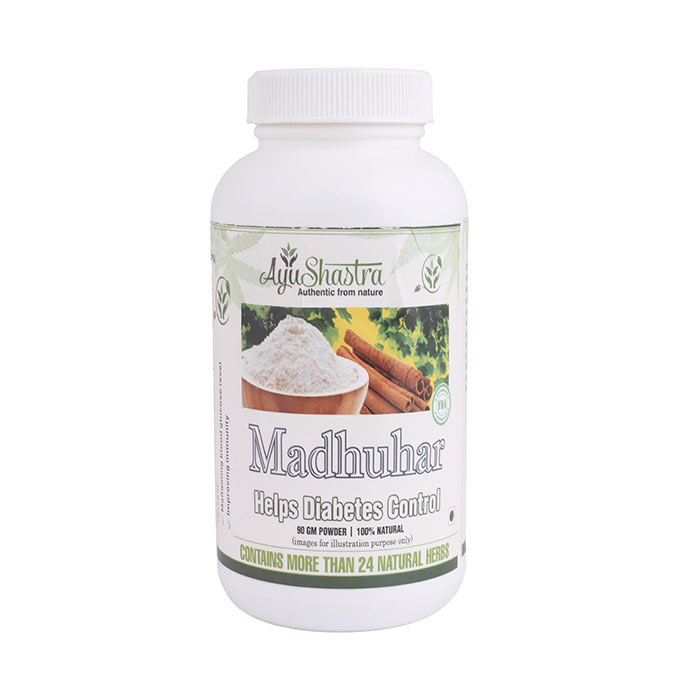
Control Diabetes Effectively with Ayurvedic Medicines
Diabetes is a highly prevalent health concern worldwide wherein blood sugar levels become very high. If they remain abnormally high in the bloodstream, severe health complications ensue. These include vision loss, heart and kidney diseases. Ayurvedic treatment has been proven effective in managing diabetes. Ayushastra’s best Ayurvedic medicine for diabetes, Madhuhar, is a unique formulation of nutrient-rich ingredients, such as Jamun, Gudmar, turmeric, and Amla. These herbs work together to control blood glucose levels and improve immunity.
Ayurveda for Managing Diabetes
Ayurveda, the ancient healing practice, has emerged as a complementary treatment for illnesses like type 2 diabetes. The primary aim of Ayurveda is to keep the five essential elements or Panchamahabhutas in equilibrium through the three doshas or life forces. These elements are water, fire, earth, air, and ether. These doshas consist of Vata (ether and air), Pitta (fire), and Kapha (earth and water).
Ayurveda, the ancient healing practice, has emerged as a complementary treatment for illnesses like type 2 diabetes. The primary aim of Ayurveda is to keep the five essential elements or Panchamahabhutas in equilibrium through the three doshas or life forces. These elements are water, fire, earth, air, and ether. These doshas consist of Vata (ether and air), Pitta (fire), and Kapha (earth and water).
This disease is caused by an unhealthy lifestyle, excessive consumption of curds, and foods that trigger a rise in Kapha. In Ayurveda, the key to managing diabetes is to restore the balance among the three doshas by boosting the digestive fire or agni. This raises the liver’s metabolism, minimizing its load and reducing the Kapha imbalance.


